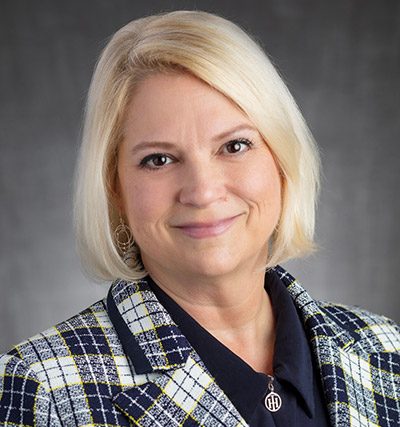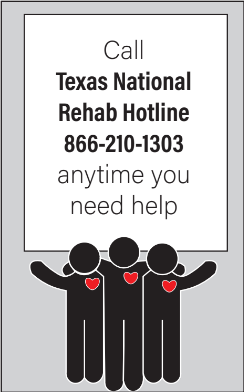The Fort Worth Police Department’s Crisis Intervention Team discussed reshaping emergency response for mental health support on April 23 on NE Campus.
Mental health is an obstacle police deal with from both sides of the front lines. That’s why the CIT trains units on managing trauma and de-escalation tactics for both the individual and officer.
The CIT unites with the Homeland Security Unit along with the FBI. They aim to reduce the impacts of behavior that comes with violent crime that are sometimes tied to mental health issues.
“We’re always striving to make things better, we sit around and talk all the time about how we can improve it,” Detective Mike Royal said. “Because certainly with mental health issues, there’s 100 different ways to approach 100 different situations. Every single one of us here is different.”
Officers face hundreds of encounters a week, situations ranging from calm to uncooperative. CIT officers are trained to handle the most severe cases in a non-violent, passive manner. One tactic used to de-escalate is using casual talk to gain trust. According to the department, the force has seen an increase in success due to the contribution of mental health professionals.
“Since 2017, we’ve only had two uses of force,” Police Sergeant Jake Hobson said. “I think that says a lot to what we do as crisis officers.”
Still, officers can experience PTSD from day-to-day duty. Hobson shares an experience during field training, when he had his first encounter with a deceased person. He was in a hotel that night and his Motor Transport Officer told him to do ‘what he needed to do.’
“I woke up in the middle of night, and I thought that the deceased person was in my apartment, he said “I got my gun out, and I [slowly] cleared my apartment. That’s the beginning of trauma.”
To help officers recover and heal from on-duty trauma, they created the Blue Chip Program. Officers take a provided blue poker chip, allowing them to attend a free therapy session, which they can go to as many times as they’d like. The therapy sessions are tailored to the trauma the officer faces.
“You want to be a cop? Help yourself, because [if] you can’t get there, you can’t help other people,” Hobson said. “You’re broken. You just don’t know it.”
Veterans and students spoke about their experiences with law enforcement. They had the opportunity to ask the panel how they would have responded to their previous encounters and how officers approach veterans with PTSD.


































